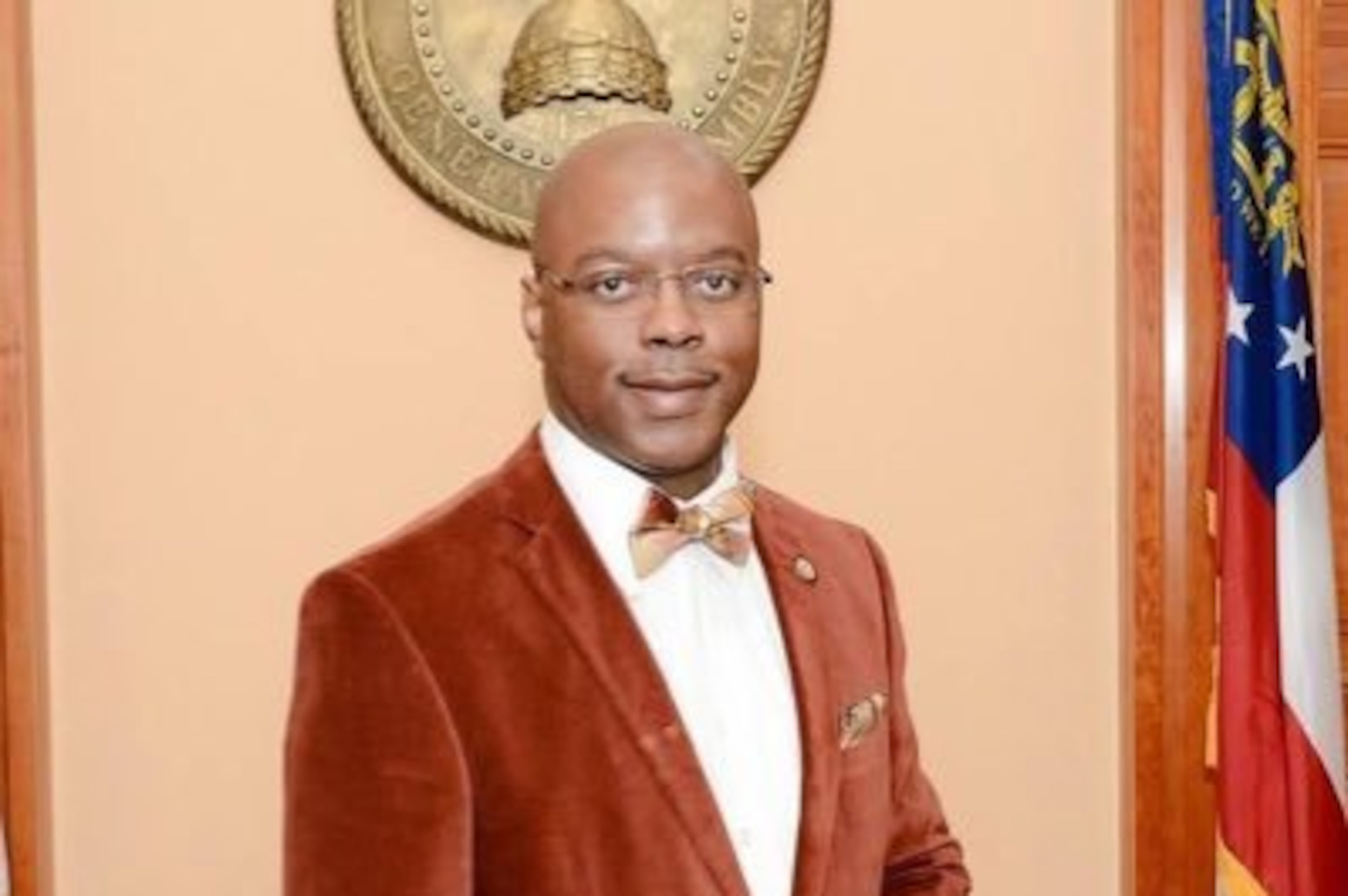Kemp declares victory in Georgia governor race
Republican Brian Kemp’s campaign declared victory Wednesday after election returns showed he maintained a slim majority over Democrat Stacey Abrams with nearly all precincts reporting.
Abrams, meanwhile, said she wouldn’t concede the race until all ballots are counted, and her campaign started preparing for what could be a lengthy battle in the courtroom and in the media over the outcome of the nationally watched race.
Both the bitter rivals largely retreated from public view after an exhausting Election Day, but their campaign deputies held dueling teleconferences trying to shape the narrative of the tense competition.
Expressing confidence his lead at the ballot box was insurmountable, Kemp moved swiftly to begin the transition to the state’s top office. He set up an event Thursday with Gov. Nathan Deal, the two-term Republican who endorsed him.
“This election is over. The votes have been counted,” said Austin Chambers, a Kemp adviser. “And the results are clear: Brian Kemp is the governor-elect.”
Abrams has urged supporters to prepare for a Dec. 4 runoff, which would be required if neither candidate holds a majority of the vote when the counting ends. The latest vote tally had Kemp nearly 63,000 votes ahead of Abrams — and about 13,000 votes over the 50 percent threshold.
In an early-morning memo and a teleconference a few hours later, Abrams’ aides tried to outline a path to avoid a defeat even as they criticized Kemp for remaining in his role as secretary of state while he ran for governor.
Abrams campaign manager Lauren Groh-Wargo said the Democrat would benefit from thousands of provisional ballots cast by voters who ran into difficulties at polling sites, and the possibility that mail-in votes were delayed by complications related to Hurricane Michael.
“Overall, we feel that the onus is on our campaign to fight for fairness, for a fair election,” Groh-Wargo said. “And we’re up against an unfair system where our own opponent is overseeing his election.”
Later Wednesday evening, Abrams’ campaign called for the state to appoint a “nonpartisan bureaucrat” to oversee the certification of results instead of Kemp.
As some of the final returns trickled in, Kemp’s campaign aggressively made the case to reporters that it’s mathematically impossible for Abrams to force the race into overtime.
Glen Bolger, the Republican’s pollster, said there were about 3,000 absentee ballots still pending and an estimated 22,000 provisional ballots. In 2016, with a slightly larger electorate, 7,592 of 16,739 provisional ballots were counted.
Even if many of those outstanding votes swung to Abrams, Bolger said, Kemp still finishes above 50 percent with room to spare.
“What they do moving forward doesn’t matter,” Chambers said of Abrams. “Because Brian Kemp has secured this victory. At this point, Stacey should do what’s right for Georgia and unite behind Brian. This election is over, and nothing they do is going to change that.”
Soaring turnout
The two candidates have fought over voting rights and ballot access since long before they were candidates for governor, and it seems fitting — if awkward — that yet another clash over Kemp’s oversight of elections threatens to consume the days after the election.
He built his lead by staking a claim on rural Georgia, where he got a higher vote share than even Donald Trump in some deep-red bastions. He relentlessly appealed to social conservatives and Trump supporters, closing his campaign with a raucous rally with the president in Macon.
It paid off. The 1.97 million votes he earned was the highest a gubernatorial candidate in Georgia has ever achieved, part of soaring turnout that was closer to presidential levels than normally more sedate midterms. And it fell just behind Trump’s vote total in 2016.
Other contests were also bracketed by high turnout and incredibly close margins. Democrat Lucy McBath declared victory over U.S. Rep. Karen Handel in Georgia's 6th Congressional District after building a small edge, while at least two other statewide races — for secretary of state and a Public Service Commission post — were so close they were headed to runoffs.
Just as conservative parts of Georgia got redder, liberal bastions of the state turned bluer. Hillary Clinton won DeKalb County — the state’s biggest Democratic stronghold — with 79 percent in 2016. Abrams’ support there tops 83 percent.
Abrams also led a surge through Atlanta’s suburbs to carry Cobb and Gwinnett counties — two former GOP bastions that turned blue for the first time in decades in 2016. And she narrowly won Henry County, another suburban county that’s gone from reliably red to perpetually purple.
That buoyed down-ticket candidates who clobbered Republicans in the suburbs, where Democrats picked up about a dozen legislative seats. A string of powerful GOP incumbents in the city’s northern stretches were ousted, while several open seats flipped to young challengers.
Abrams’ campaign was quick to highlight those achievements Wednesday, even as it raised the specter of legal action. Groh-Wargo said the first major deadline is early next week when counties certify elections and then submit the numbers to the state for approval.
“We have an incredibly experienced Atlanta-based team, and they know the Georgia code and they know these counties,” Groh-Wargo said. “So we are looking at all options.”
Stay on top of what’s happening in Georgia government and politics at ajc.com/politics.




